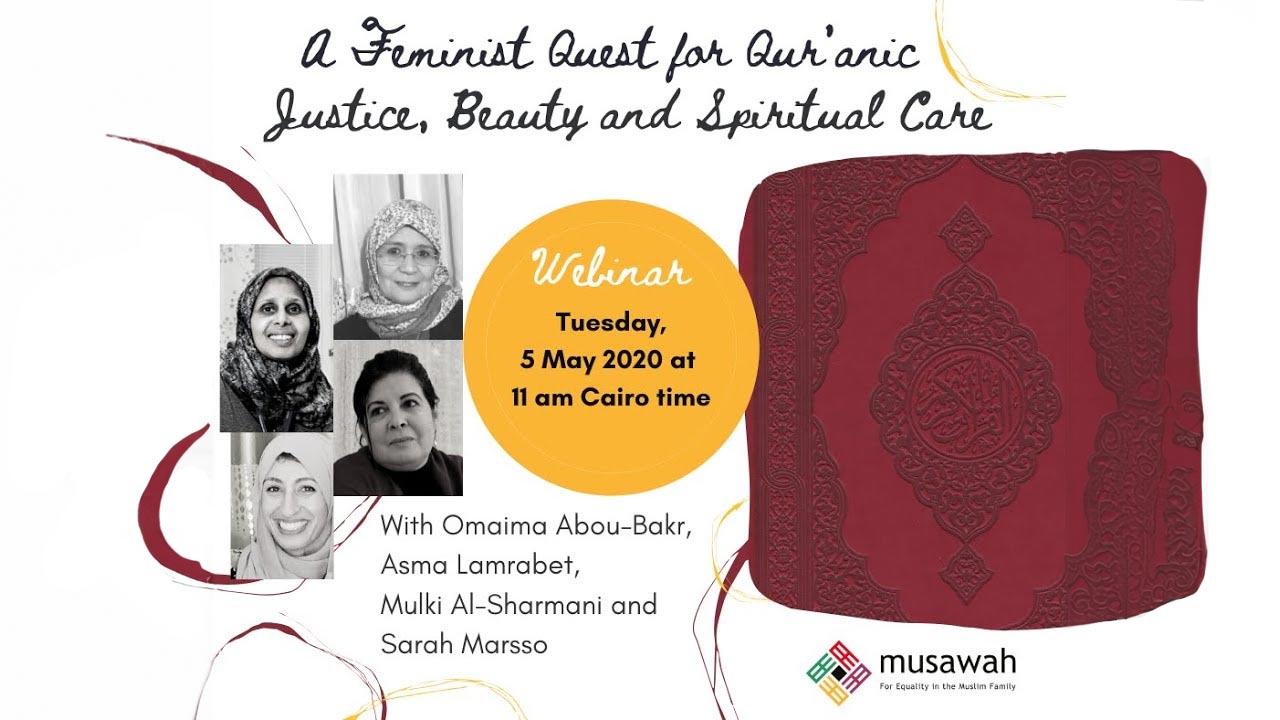Here you will find Musawah’s research initiative focused on reshaping Muslim marriages through ethical and legal perspectives. Our goal is to promote justice, equality, and care within family relations based on Islamic ethics.
The Journey to Justice and Beauty in Muslim Marriage: Towards Egalitarian Ethics and Laws
In 2019, Musawah embarked on a multi-year research initiative titled ‘Reclaiming ‘Adl and Ihsan in Muslim Marriages: Between Ethics and Law.’ This project built upon the findings of our previous research on qiwamah and wilayah, highlighting the detrimental impacts of hierarchical gender relations and unequal rights in Muslim families.
Our research has three key components:
Textual, historical, and socio-legal studies
We explore frameworks for egalitarian ethics and jurisprudence in Muslim marriages.
Empirical Research
Investigating how Muslims in various contexts understand and practise egalitarian gender relations in their marriages.
Promoting Equality
We create spaces for new discourse that advocates for equality, justice, and care in Muslim marriages.
Why Does This Initiative Matter?
Providing Concepts and Arguments from within the Islamic Tradition for Egalitarian Ethics and Laws of Muslim Marriage
Our contemporary marriage laws and practices often fall short of contemporary justice standards, reflecting concepts from a different time. These concepts lack gender equality and can contradict the ethical principles of the Qur’an. We aim to provide alternatives and align Islamic ethics with contemporary justice.
Exploring Qur’anic Ethical Values
The Qur’an emphasises the equal worth of all humans and calls for social relations, including gender relations, based on justice (‘adl), beauty and care (ihsan), and doing what is commonly known to be good (ma‘ruf). Our project aims to map out these ethical values within Islamic jurisprudence.
Embracing Legal Pluralism
In a diverse world, various ethical frameworks, norms, and laws regulate social relations. Legal pluralism acknowledges the coexistence of Qur’anic norms, social norms, human rights norms, and more. Our project aims to harmonise these frameworks.
Webinars: Reclaiming ‘Adl and Ihsan in Muslim Marriages
In this series of insightful webinars featuring the scholars and activists behind this research initiative, we have sought to explore the key themes and findings of our latest publication, Justice and Beauty in Muslim Marriage: Towards Egalitarian Ethics and Laws (Oneworld Publication, 2022). These webinars are an invitation to everyone, including scholars, activists, policymakers, students, and individuals in Muslim contexts interested in exploring the topics covered.

Past Workshops and Meetings
We’ve held informative workshops and meetings, bringing together scholars and activists to discuss marriage, Qur’anic ethics, and Muslim legal tradition in relation to laws, policies, and lived experiences in Muslim contexts. Go to our Blog page for updates!
Subscribe and Stay Updated
Join us in our journey to promote justice and equality in Muslim families. Together, we work for the advancement of human rights for women in Muslim contexts, in both their public and private lives. The time for equality and justice is now!
